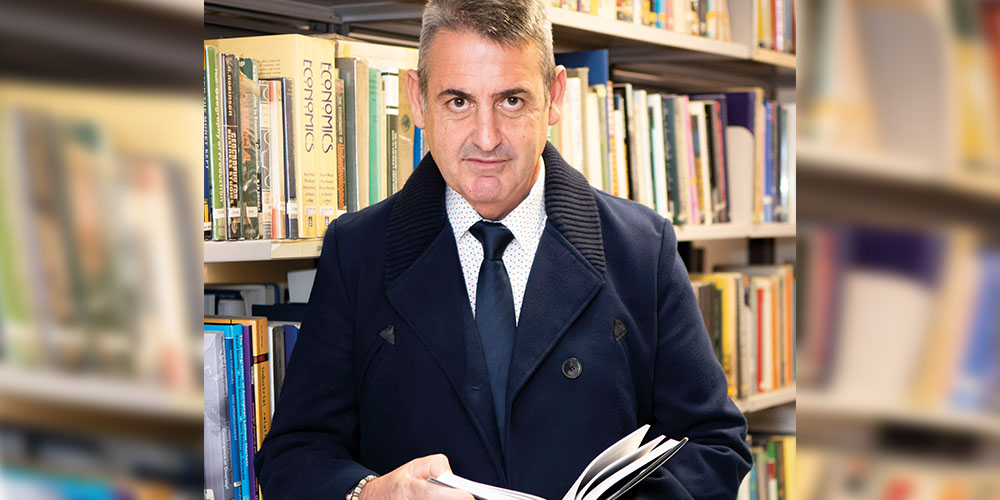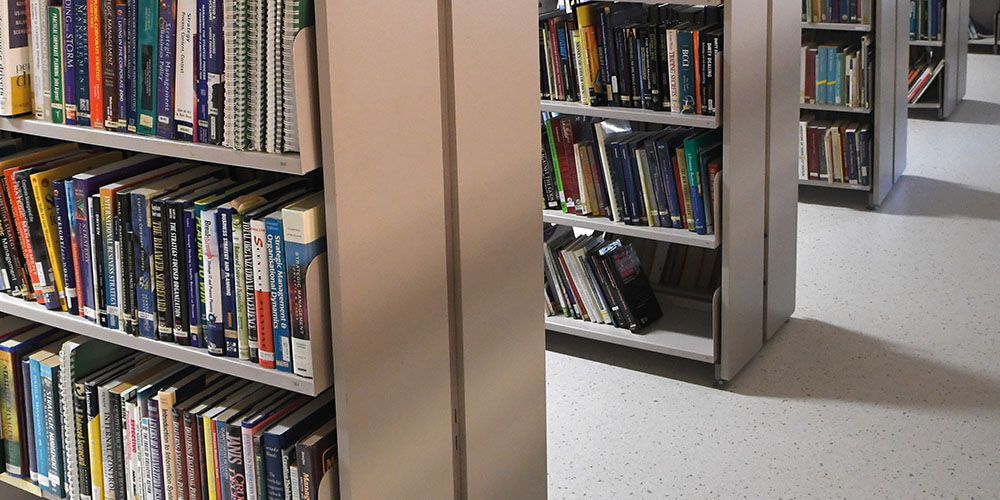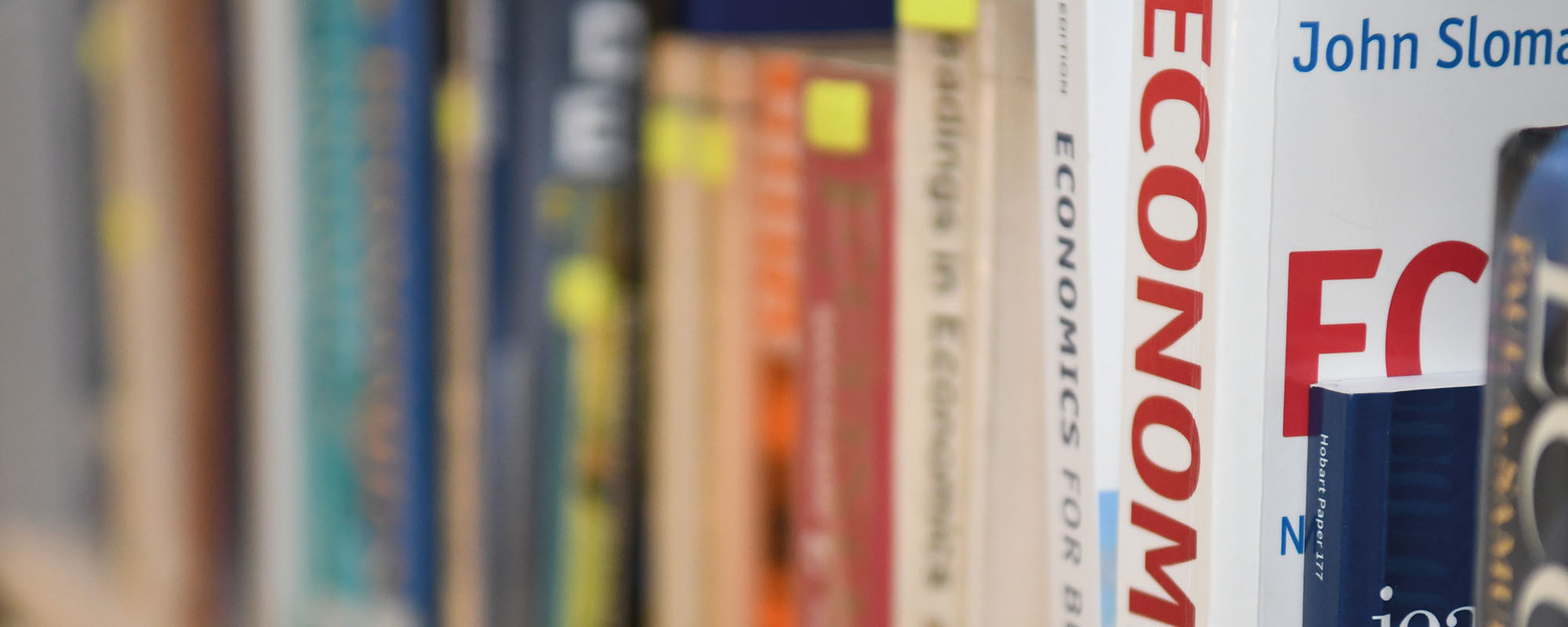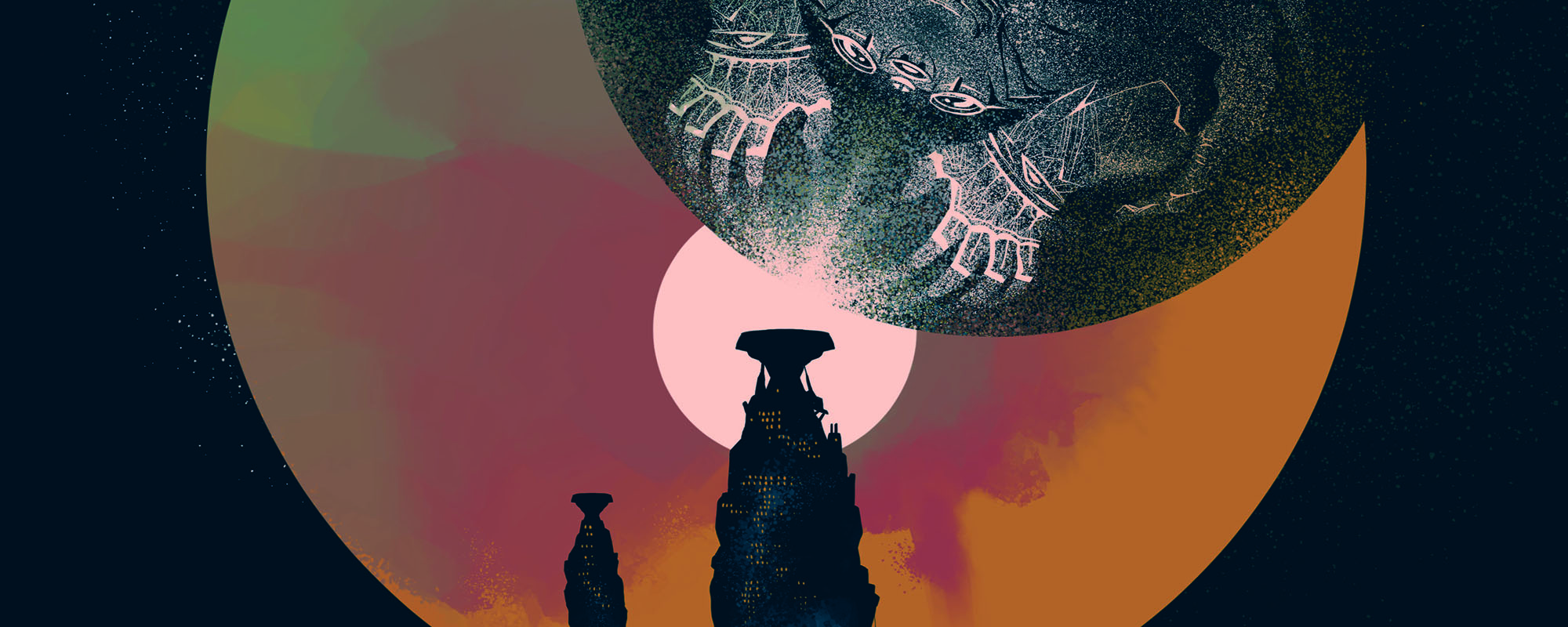The poet and former tour guide Emmanuel Julian Cachia has reinvented his professional self multiple times before settling down at the Central Bank of Malta. Vanessa Macdonald writes.
Ask Emmanuel Julian Cachia to describe himself in a few words and unlike most people faced with this question, he does not pause to search for words: ‘A curious man’. This might be the perfect attribute for a librarian, surrounded as he is by the accumulated knowledge and wisdom of books. But it falls far short of describing him.
Delving into his childhood merely adds to his mystique. Growing up, he wanted to be either a chef or a broadcaster. But his life took a dramatic turn when his mother received a cancer diagnosis and subsequently spent seven years battling it before she succumbed. These seven tough years made a huge and lasting impact on Emmanuel — then 23 — and his much younger sister.

The trauma of that diagnosis threw him into a bout of depression, the first of many that haunt him till today. It also sparked a deep emotional response, which found its voice through poetry. His first poem, written soon after her death, was about a bull — the metaphor representing what he saw as the savagery of the disease. Writing provided some solace for the pain he feels to this day, and over the past few decades, he has gone from sending his work to colleagues to having it published in newspapers. Facebook gave him a new channel to share his works, and he now posts a poem around once a week. In January, the Senglea Council organised a musico-literary evening dedicated to his works, with the intention of raising funds for Richmond Foundation’s work to fight the stigma associated with mental health issues.
Cachia’s prolific writing provides an outlet when depression tightens its grip on him, but he remains very wary of what he describes as ‘the cold that will not go away, no matter how many clothes you put on’. But what happened to his ambitious career plans? After a short stint working as a pharmacy technician and a museum guide at the Inquisitor’s Palace, his eventual workplace materialised out of much earlier memories. As a very young child, he set off to Valletta with his grandfather on a Saturday morning. They had gone to the Central Bank of Malta at Castille Square to deposit a cheque and, looking around in awe at the grand building, he had told his nannu that, one day, he wanted to work there.
And so it came to be. After sitting for an exam to get a job in banking, Cachia landed an opportunity as a clerk at the Central Bank of Malta — to his mother’s great joy. Just before she died, she gave him a black leather attaché case, which he cherishes to this day.

He worked his way up through various departments, but it was an encounter with then librarian J. R. Grima that changed his life. His mentor encouraged him to study, and his diploma in Library & Information Studies at the University of Malta led to several others, including a Masters. When Grima retired as a university lecturer, Cachia took his place. By this time he had taken over as the Bank’s librarian, a position he has held for 25 years.
Cachia is as passionate about his role at the Central Bank of Malta Library as he is about his poetry. ‘An old saying goes, “Choose a job you love, and you will never have to work a day in your life”. I do consider myself lucky that I did indeed find out what I like doing best and the Bank is paying me a good salary for doing it!’ he says. ‘For me, the Bank’s library is like a big central train station — Frankfurt’s Hauptbahnhof — where information seekers connect, interact, and have lasting relationships with the staff and information sources.’
Today, the mission of the library is to excel as Malta’s principal facilitator of financial, economic, and social research; to support and promote scholarly debate, and to disseminate scientific knowledge. Mission statements all too often just gather dust — but Cachia takes an active role to attract people to the services available through the library and his staff.
He has successfully pushed for a three-year strategy which aims to provide relevant, up-to-date information and knowledge to the Central Bank’s staff as well as its visitors — to serve as an information centre for academics, researchers, students, and anyone else who may be interested.
Somewhere, his grandfather and his mother are surely smiling.
Library Collection tour with Emmanuel Cachia
Books
The library, established in 1968, has a collection of works on economics and finance, ranging from fiscal and economic policy to European studies. Cachia emphasises the value of storing The Malta Blue Book, full of statistics on the Maltese population, trade, infrastructural projects, hospitals, the penal system, and more. Some Blue Books contain very distinctive illustrative material, ranging from beautiful watercolours of local flora to delicately drawn section maps and street plans. The oldest volume at the Bank’s library is from 1925.
Journals
The library subscribes to various specialised academic journals on economic and finance research, covering price stability, macroeconomics and more. More than 6,000 journals and magazines on business, marketing, management, accounting, banking, and finance are now digitised.
Newspapers
Have you ever considered catching up with the news in the Central Bank’s library? Cachia says it’s well-suited for that purpose, because all the local newspapers, news items and articles relating to the nation’s economy are catalogued in special clippings files.
Annual Reports
The library stocks the annual reports from Maltese public companies quoted on the Malta Stock Exchange, as well as those of other institutions, such as the Malta Financial Services Authority.
Public Lectures
The library organises lectures on Malta’s economic history every two months and has had other lectures by prominent experts like banker John Consiglio, archivist Charles Farrugia, historian Yosanne Vella, and researcher Carmel Vassallo.
Research Assistance
The library of the past was defined by transactional services — lending and returning books — but nowadays it is all about building relationships. The library’s three-year strategy with the concept of embedded librarians reflects the turn.
‘My aim is to provide services that focus on the needs of one or more specific groups, building relationships, developing a deep understanding of their work, and providing information services that are highly customised and targeted to their specific needs. In effect, it involves shifting the basis of library services from the traditional, transactional, question-and-answer model of reference services to one in which there is high trust, close collaboration, and shared responsibility for outcomes. I believe that the Bank’s library is already in a position to do so with the Bank’s researchers. With additional resources we can extend this to others,’ Cachia says, reminding that students and academics are always welcome in his library. ‘The more resources we have, the more people we can help!’
Please contact Emmanuel Cachia (library@centralbankmalta.org) or call (2550 4507) or visit the website.





Comments are closed for this article!